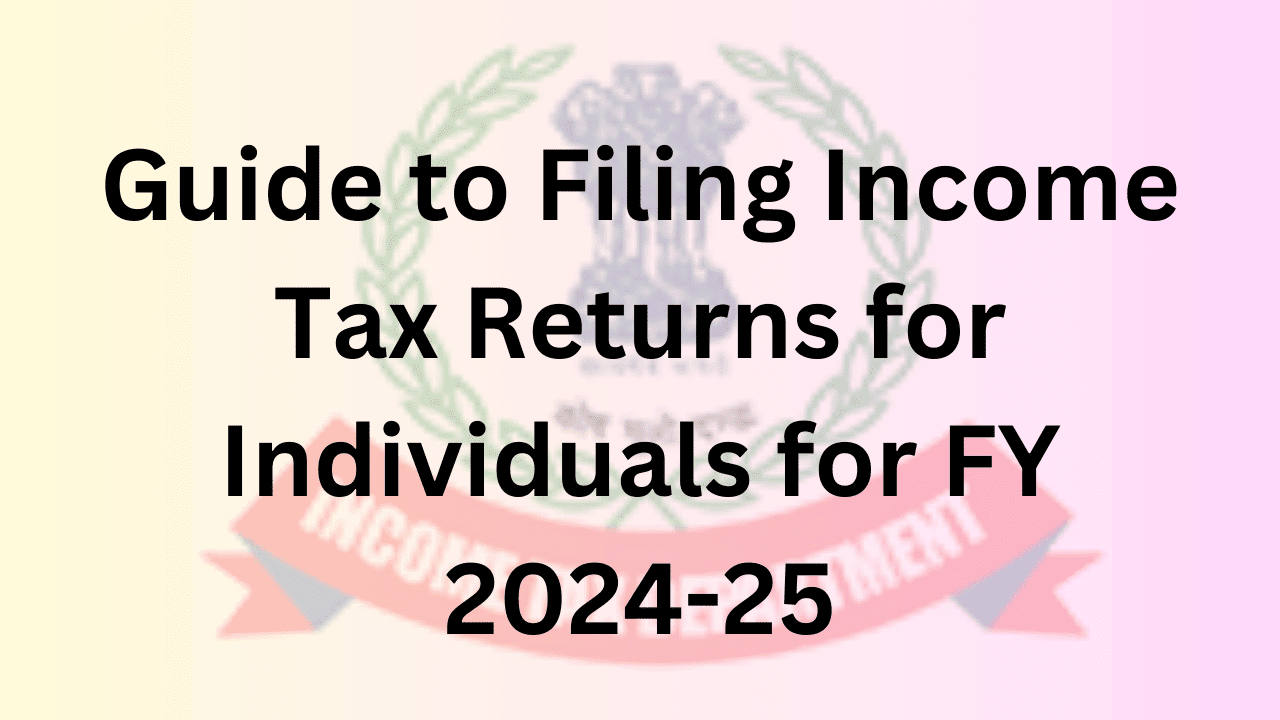Understanding Income Tax Filing for FY 2024-25

As the financial year 2024-25 progresses, salaried employees are gearing up for income tax filing. Employers are requesting documentation of tax-saving investments and expenses from their employees. This documentation is crucial for reducing tax liability and preventing a complete tax deduction at source (TDS) from salaries. While most employees have until March to submit these documents, it is advisable to do so promptly. Without the necessary documentation, employers will deduct the full tax amount from salaries, disregarding any tax-saving investments. Tax specialists note that not every employee is required to submit investment documentation, depending on their chosen tax regime.
Who Needs to Submit Investment Proof?
Employees who have opted for the old tax regime must provide investment proofs to their employers. This requirement is essential for claiming exemptions and deductions. Prakash Hegde, a practicing Chartered Accountant, explains that those in the new tax regime do not need to submit any proof for exemptions and deductions, as most of these benefits are not available under this regime.
The Income Tax Act of 1961 allows various exemptions and deductions under the old tax regime. These deductions can significantly reduce an individual’s gross taxable income, leading to lower income tax obligations. For employees who selected the old tax regime at the beginning of the financial year, providing investment proofs is necessary to claim these tax-saving deductions. Common deductions include:
- House Rent Allowance (HRA): Tenants must submit a rent agreement and/or rent receipts. If annual rent exceeds Rs 1 lakh, the landlord’s PAN details are also required.
- Section 80C Deductions: Individuals can reduce their gross total income by up to Rs 1.5 lakh through specific investments, including Public Provident Fund (PPF), Employee Provident Fund (EPF), Equity Linked Savings Scheme (ELSS) mutual funds, and National Pension Scheme (NPS) contributions.
- Section 80D Deductions: Taxpayers can claim deductions on health insurance premiums, with a maximum deduction of Rs 1 lakh available for self and parents.
- Section 24B Interest Deduction: Homeowners can claim up to Rs 2 lakh for interest paid on housing loans.
- Additional NPS Deduction: An extra deduction of Rs 50,000 is available beyond the Section 80C limit, requiring proof for claiming.
Tax Deductions Under the New Income Tax Regime
The new income tax regime simplifies the process for taxpayers by allowing only two deductions. This change eliminates the need for submitting investment documentation. The deductions include a standard deduction of Rs 75,000 from salary or pension earnings and a deduction of up to 14% of the basic salary for employer contributions to the NPS.
According to a statement from the Central Board of Direct Taxes (CBDT) dated August 2, 2024, 72% of taxpayers have chosen the new tax regime, while only 28% remain in the old tax regime. Employees under the new regime do not need to submit documentation for these two deductions, making it easier for them to manage their tax filings.
Flexibility in Tax Regime Selection for Salary TDS
Employees have the option to change their tax regime choice for TDS during the financial year. However, many organizations resist such changes due to the administrative complexities involved in TDS adjustments and documentation requirements. Tax regulations allow taxpayers to switch between regimes when filing their Income Tax Returns (ITR), enabling them to select the more advantageous option.
For the financial year 2024-25, taxpayers must file their returns by July 31, 2025. Late submissions will only be accepted under the new tax regime. It is crucial to file returns by the deadline to retain the option of choosing the old tax regime. Additionally, maintaining comprehensive documentation for exemptions and deductions is essential for addressing potential queries from tax authorities during verification processes. By staying organized and informed, employees can navigate the complexities of income tax filing more effectively.
Observer Voice is the one stop site for National, International news, Sports, Editor’s Choice, Art/culture contents, Quotes and much more. We also cover historical contents. Historical contents includes World History, Indian History, and what happened today. The website also covers Entertainment across the India and World.

